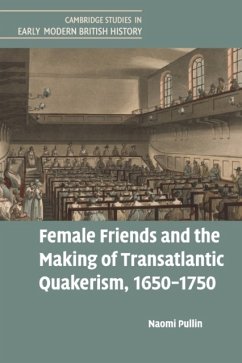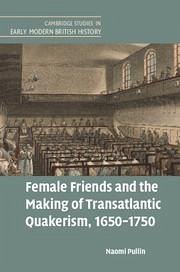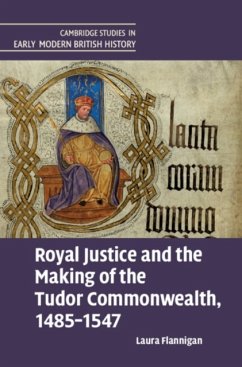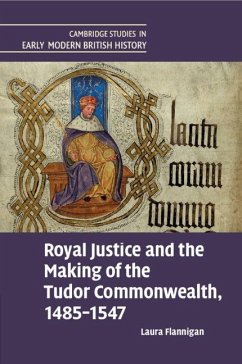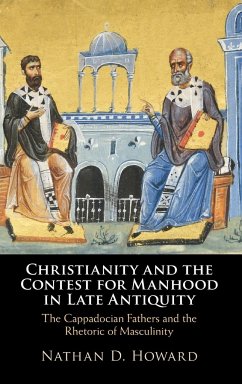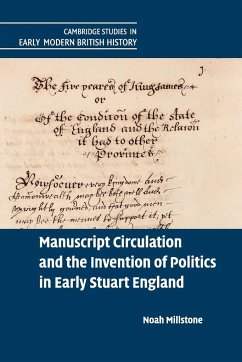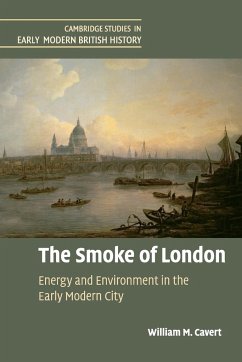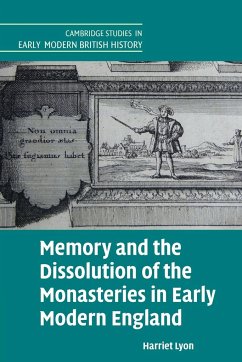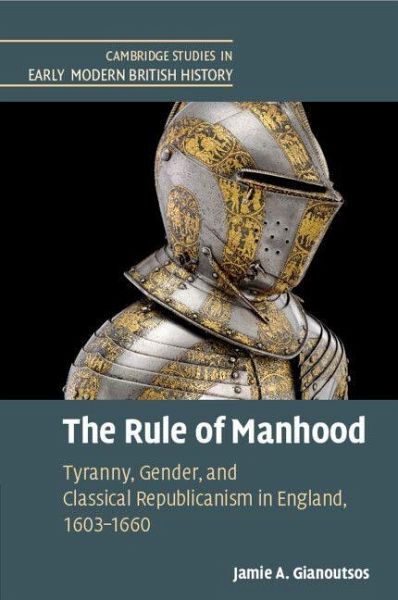
The Rule of Manhood
Versandkostenfrei!
Versandfertig in über 4 Wochen
28,99 €
inkl. MwSt.

PAYBACK Punkte
14 °P sammeln!
Exploring the connection between concepts of power and masculinity in seventeenth-century England, this study shows how stories of ancient tyranny were deployed in dialogues concerning monarchy and rule between 1603 and 1660, and the extent to which these shaped English classical republican thought.





